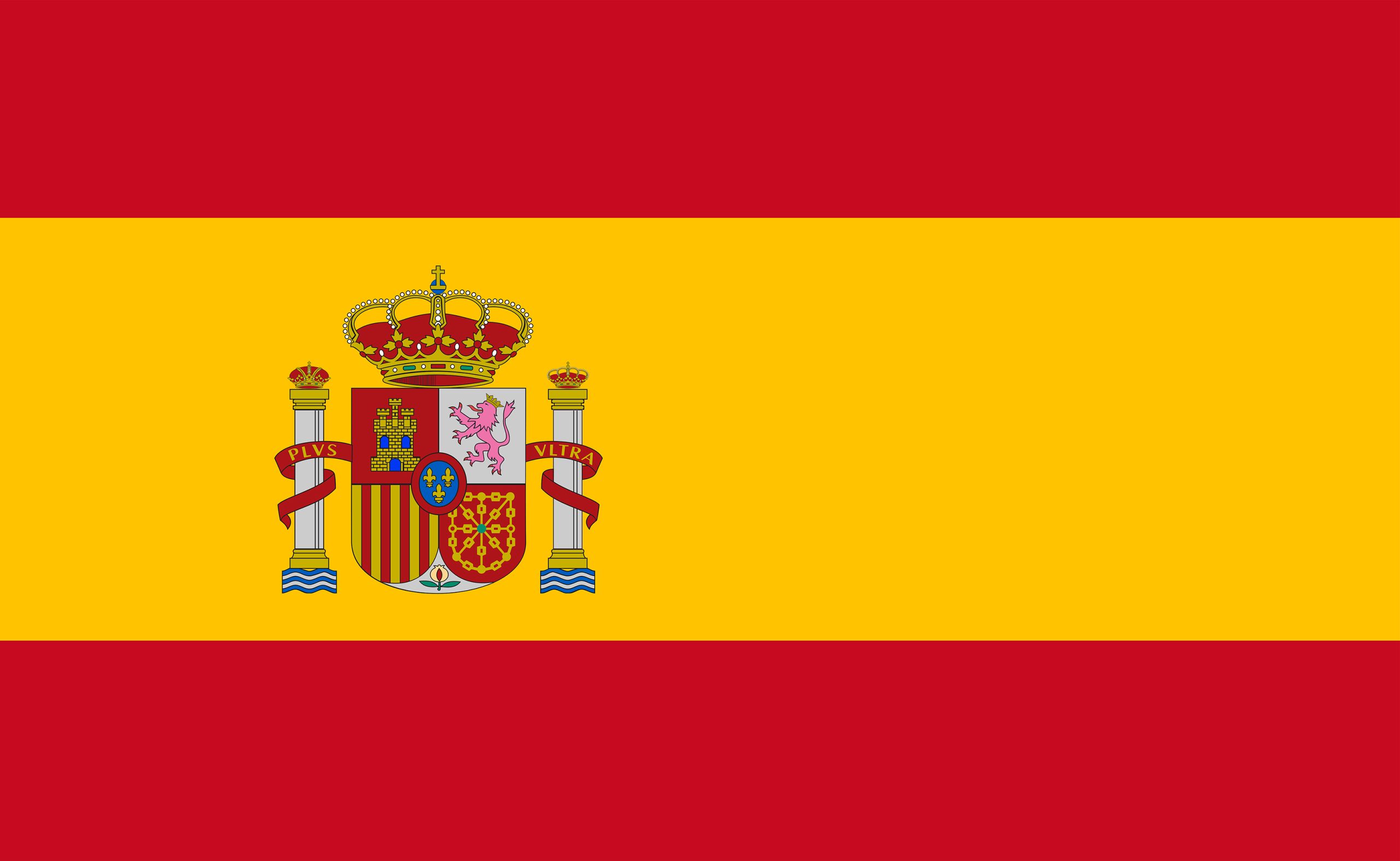1 . Work in a Global Environment
Many multinational companies in engineering, automobiles, and sustainable energy offer services in Germany, Switzerland, Austria, and other German-speaking countries in Europe.
Recent reports indicate that Germany will require nearly half a million qualified international workers over the next 25 years. Learning the language presents a great opportunity to capitalise on this demand.
2 . Affordable University Programs
Germany is home to several private and public universities that offer very low or even non-existent tuition fees, thanks to the Higher Education fees abolishment act in 2014.
While many Master’s courses are taught in English, having an intermediate level of German provides an added advantage when applying to many German universities. However, undergraduate (UG) courses are often taught in German. If you are considering Germany for a UG program, we recommend that students achieve a C1 level of proficiency.
German is also the official language in Austria and the primary language of instruction at Austrian universities and UASs (Fachhochschulen).
3 . Improve Your Odds with the German Job Seeker Visa
The Job Seeker Visa allows you to stay in Germany and search for suitable employment opportunities. Once you secure a long-term job offer, you can apply for a residence permit. Having a B2 level of proficiency ensures a wide range of job options when applying.
After residing in Germany for 5 years with a residence permit, you can apply for permanent residency.
4 . Research & Academics
German ranks second as the most commonly used scientific language. It plays a vital role in academic settings, particularly in the fields of engineering, physics, and chemistry.
5 . Enjoy Philosophy & Literature in Its Original Language:
Learning German provides an opportunity to appreciate the works of great artists in their original form, including the literary, musical, and artistic works of Goethe, Brecht, Mozart, and even Beethoven. Many important works of literature, music, art history, theology, psychology, chemistry, physics, engineering, and medicine are written in German.










